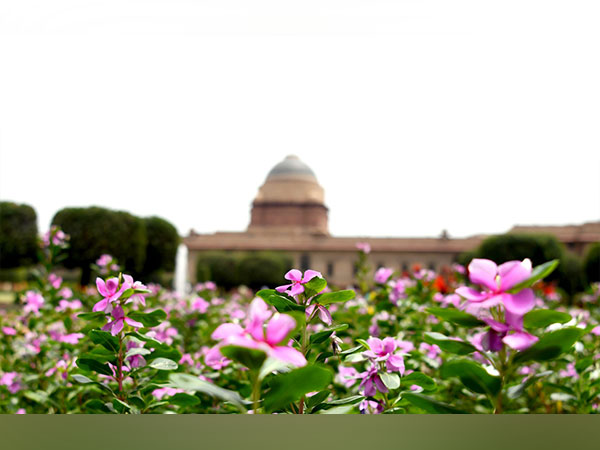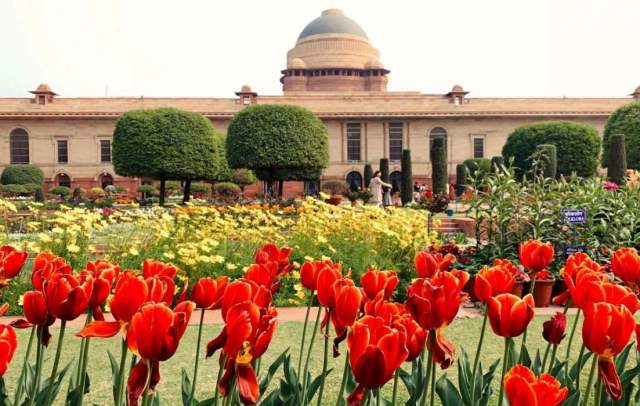Rashtrapati Bhavan’s Amrit Udyan will open for public viewing from February 2 to March 31, an official statement said on Saturday.
People can visit the gardens six days a week, except on Mondays which are maintenance days.
“The Amrit Udyan of Rashtrapati Bhavan will open for public viewing from February 2 to March 31, 2024 under the Udyan Utsav-1, 2024,” it said.
The Amrit Udyan will be open for special categories on February 22 (for differently abled persons), February 23 (for personnel of defence, paramilitary, and police forces), March 1 (for women and tribal women’s self-help groups), and March 5 (for children of orphanages).
It further said that the people will be allowed to visit in six hourly slots between 10 AM and 4 PM.
Visitors will be allowed to visit in six hourly slots between 10 am and 4 pm.
“The capacity for the two forenoon slots (1000 hrs to 1200 hrs) will be 7,500 visitors during weekdays and 10,000 visitors in each slot on weekends. The capacity for the four afternoon slots (1200 hrs to 1600 hrs) will be 5,000 visitors in each slot during weekdays and 7,500 visitors on weekends,” it said.
Booking can be made on https://visit.rashtrapatibhavan.gov.in/visit/amrit-udyan/rE.
Walk-in visitors have to register themselves at the facilitation counters as well as at the Self Service Kiosk near gate no. 12 of Rashtrapati Bhavan.
Entry and exit for all visitors will be from gate no. 35 of the President’s Estate, close to where North Avenue meets Rashtrapati Bhavan.
It also said that for the convenience of visitors, shuttle bus service from Central Secretariat Metro Station to gate no. 35 will be available at the interval of every 30 minutes between 9.30 am to 5.00 pm.
During the tour, visitors will pass through the bonsai garden, musical fountain, central lawn, long garden and circular garden.
At the exit there will be food courts for them.
Visitors can carry mobile phones, electronic keys, purses or handbags, water bottles and milk bottles for infants.
Provision for drinking water, toilets, and first aid/medical facilities will be made at various places along the public route. (ANI)
For more details visit us: https://lokmarg.com/


